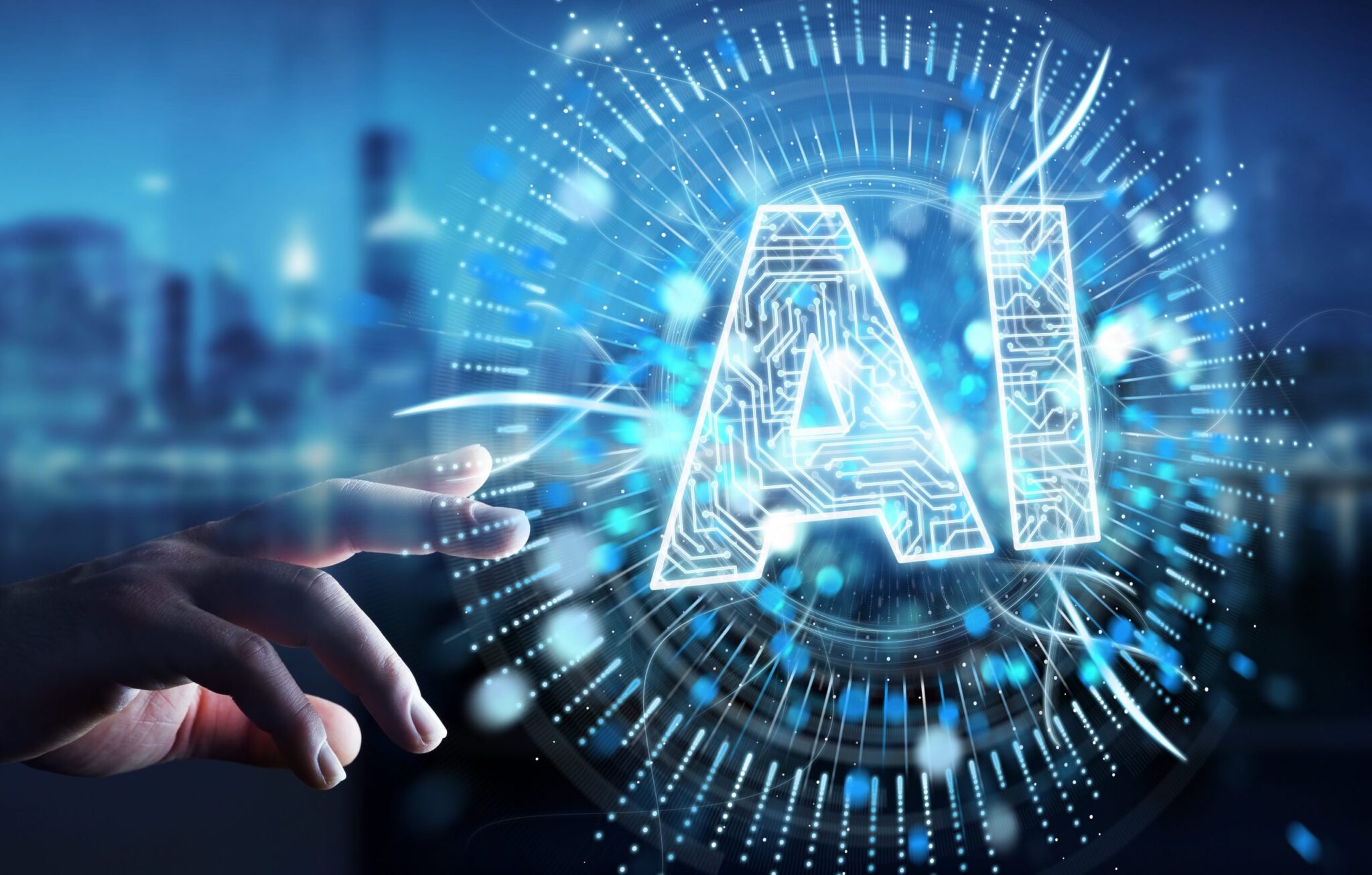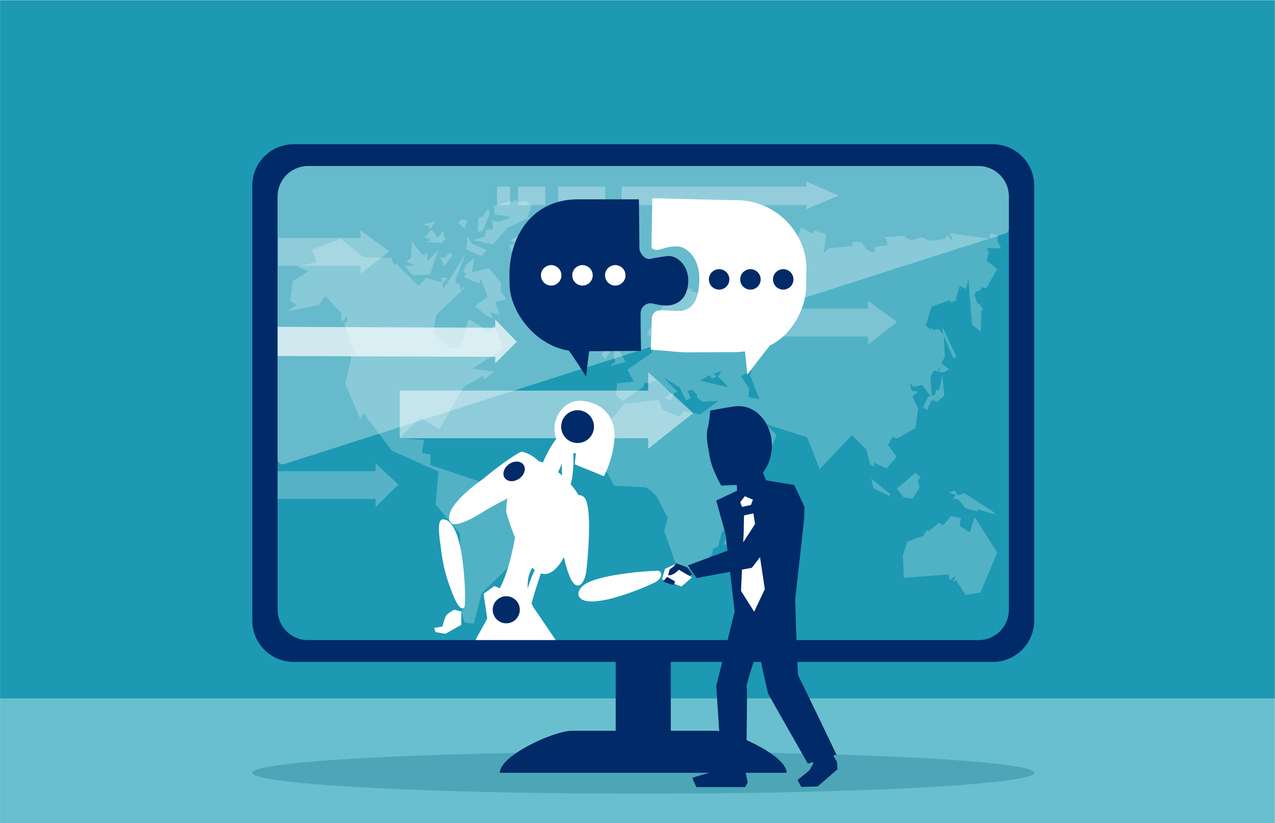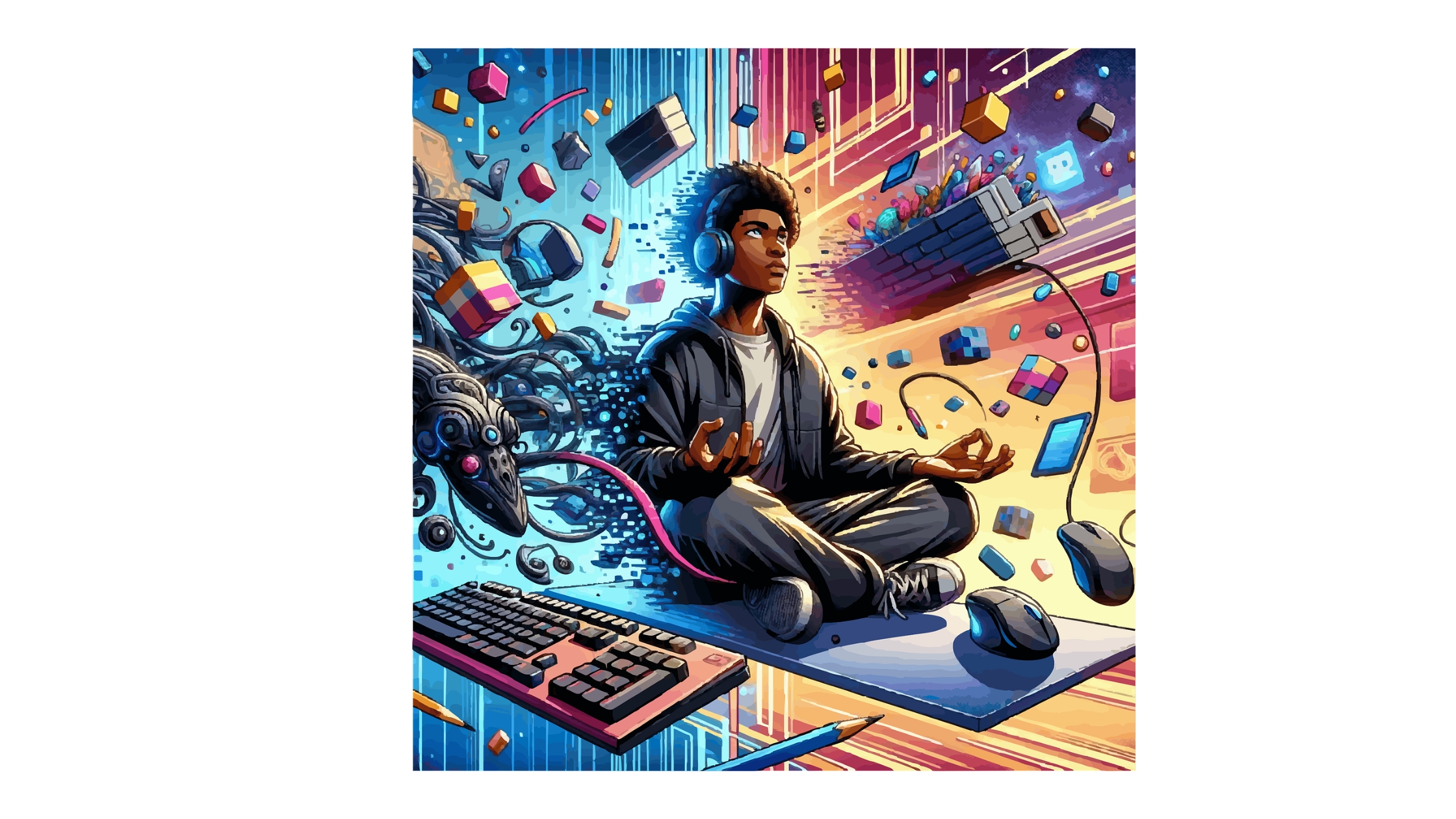Artificial Intelligence (AI) is no longer just a buzzword in tech circles; it has become a part of our daily lives, seamlessly integrating into tasks and activities we might not even realize. But what is artificial intelligence, and how does it affect our everyday routines? From personal assistants like Siri and Alexa to smart home devices, AI is everywhere, transforming how we live, work, and interact with the world.
What is Artificial Intelligence?
Artificial Intelligence, often referred to as AI, is the simulation of human intelligence processes by machines, especially computer systems. These processes include learning (the acquisition of information and rules for using it), reasoning (using rules to reach approximate or definite conclusions), and self-correction. A simple way to answer the question, “What is artificial intelligence?” is to think of it as technology that enables machines to perform tasks that typically require human intelligence, such as recognizing speech, making decisions, or translating languages.
Check Also:- Understanding AI Content Creation: The Future of Creativity
AI in Our Daily Lives: Practical Examples
To truly understand AI’s impact, it’s important to look at practical examples. What is artificial intelligence with examples? Consider these everyday scenarios:
- Smart Home Devices: AI-powered devices like smart thermostats learn your preferences and adjust the temperature automatically to save energy. Smart lights can adjust brightness based on the time of day or your habits.
- Personal Assistants: Virtual assistants like Siri, Google Assistant, and Alexa use AI to perform tasks such as setting reminders, playing music, or controlling smart home devices with voice commands.
- Healthcare: AI is revolutionizing healthcare through predictive analytics, helping doctors diagnose diseases earlier, and personalizing treatment plans.
- Entertainment: Streaming services like Netflix and Spotify use AI to recommend shows, movies, and music based on your preferences.
These are just a few examples of how AI is changing our daily routines, often in ways we don’t even notice. The key here is that AI learns from our behaviours and adapts to serve us better.
How Many People Actually Use Artificial Intelligence?
You might be surprised to learn how many people actually use artificial intelligence every day without even realizing it. From checking emails to browsing social media, AI is embedded in countless online platforms and services. A study revealed that nearly 85% of people interact with AI daily, whether through navigation apps, voice assistants, or even shopping recommendations. This widespread use of AI illustrates how integral it has become in our modern lives.
The Benefits of AI in Daily Life
AI has brought numerous benefits, making our lives more convenient and efficient. Here are some ways AI positively impacts our daily routines:
- Time-Saving: AI automates repetitive tasks, freeing up time for more meaningful activities.
- Personalization: AI tailors experiences to individual preferences, from personalized shopping recommendations to curated news feeds.
- Efficiency: AI optimizes processes, from managing smart homes to streamlining work tasks.
Why Artificial Intelligence is Bad: The Concerns
Despite its many benefits, AI isn’t without its drawbacks. Some critics argue that AI’s rapid integration into everyday life raises ethical and practical concerns. So, why is artificial intelligence bad according to some perspectives?
- Privacy Issues: AI systems often require large amounts of data to function effectively. This data collection can lead to privacy concerns, especially when it involves sensitive information.
- Job Displacement: As AI automates more tasks, there’s growing concern about the potential loss of jobs, particularly in industries like manufacturing and customer service.
- Bias and Fairness: AI systems can perpetuate biases present in their training data, leading to unfair outcomes in areas like hiring, lending, and law enforcement.
- Security Risks: AI can be vulnerable to cyber-attacks, and the increasing use of AI in critical infrastructure raises concerns about security.
These concerns highlight the need for careful regulation and oversight as AI continues to evolve.
Check Also:- Disturbing Trends: The Rise in Searches for Porn Videos and Rape News in India
The Future of AI in Everyday Life
Looking ahead, AI will only become more integrated into our daily lives. Future advancements may bring even more sophisticated AI systems capable of understanding and predicting our needs with remarkable accuracy. However, as we embrace these innovations, it’s crucial to remain aware of the potential risks and take steps to mitigate them.
In conclusion, AI is undeniably transforming our daily routines in countless ways, offering benefits that make life easier, more personalized, and more efficient. However, it’s essential to approach AI with a balanced perspective, recognizing both its potential and its challenges. As AI continues to evolve, understanding what is artificial intelligence and how it affects our lives will be more important than ever.




